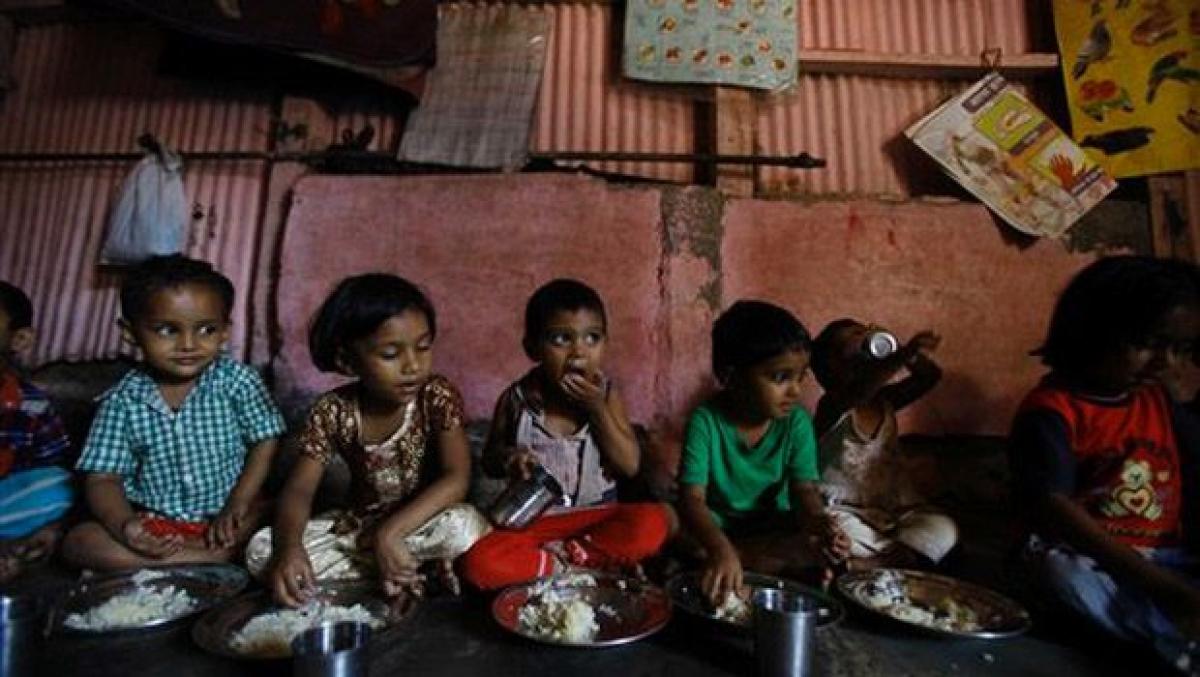Live
- Konda Vishweshwar Reddy holds rally in Tandur
- Revanth fielding dummy candidates to benefit BJP: KTR
- KTR takes part in road show to boost cadre morale
- YS Jagan Credits YSR for Development in Pulivendula, rubbishes political allegations
- One dead after car hits lorry at Muthangi Outer Ring Road in Sangareddy
- WhatsApp Update: WhatsApp Introduces Passkeys for iOS, Secure Logins Without Passwords
- Writ in HC seeking disqualification of BRS MLAs Venkata Rao Tellam, Kadiyam Srihari
- PM Modi Criticizes Congress Over Muslim Inclusion In Karnataka's OBC List
- Danam’s family owns total assets worth about Rs 58 cr
- Ice Cream Vendor Stabbed Near India Gate





.jpg)




